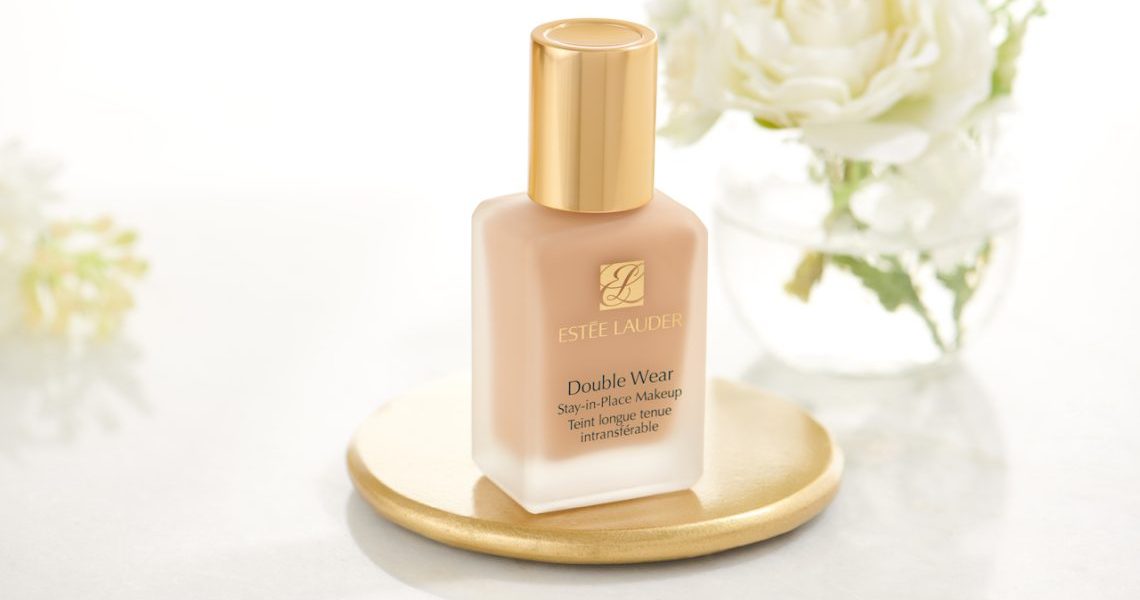The beauty industry is finally starting to feel the effects of the current economic turmoil.
In 2019, Glossy examined the lipstick effect by prodding at the idea of beauty as a recession-proof category. At the time — notably, when the United States was in its longest continuous period of economic growth — it was a resounding “maybe.” Skin care was expected to be resilient, which it mostly has been, while there were more concerns about how DTC brands would fair. DTC brands, even stalwart brands like Glossier, have since embraced brick-and-mortar retail and Amazon.
The recent economic volatility has thrown this recession-proof notion back into the spotlight, with varying results, as recent corporate earnings indicate. Even when companies report growth, such as L’Oréal Group’s Luxe division which grew by 4.6% in the third quarter, it is considered underperforming. The Luxe division fell behind the sales growth of the mass market, which was at 10%. L’Oréal shares experienced their most significant price drop in seven months, following the earnings call on Oct. 20. Nicolas Hieronimus, CEO of L’Oréal Group, said in a Bloomberg TV interview that he could see British shoppers trading down to less expensive skin-care products during the cost of living crisis.
Additionally, Beiersdorf said on Oct. 27 that La Prairie skin-care sales grew only 5.5% in the first nine months of the year, having previously reached 20% annual growth. Executives said this was due to ongoing lockdown measures in China. The Estée Lauder Companies reported its net sales on Wednesday for the first quarter of fiscal year 2023, reporting a decline of 11% to $3.9 billion. The company slashed its outlook for the rest of its fiscal year, citing continued declining sales in China and weakness in the U.S. market. Estée Lauder’s product range is more prestige compared to peers like L’Oréal, which has more categories like active cosmetics and professional products.
“Looking ahead to fiscal 2023, we believe the prestige beauty category has ample opportunities for continued strong growth,” said Tracey Thomas Travis, evp and CFO for The Estée Lauder Companies, on the earnings call on Wednesday. “We are concerned, however, that the recovery this fiscal year will once again not be a smooth one. Record inflation and the threat of recession or slowdown in many markets could temporarily dampen consumer enthusiasm and are causing some retailers to be more cautious regarding inventories.”
A few messages gleaned from this include that mass beauty is better positioned now than prestige and luxe. E.l.f. Beauty earnings, also released Wednesday, revealed that the company’s net sales grew 33% year-over-year to $122.3 million in the second fiscal quarter of 2023. It marked the company’s 15th consecutive quarter of sales growth driven by retail and e-commerce channels. First-half fiscal year results, ending Sept. 30, increased year-over-year by 30% to $245 million.
“Historically, even during recessionary times, mass color [cosmetics] and mass skin do quite well and are pretty resilient, which is different than prestige, where you have higher highs but lower lows,” Tarang Amin, CEO of E.l.f Beauty, told Glossy. “The mass categories are healthy because they are affordable luxuries. People on the color [cosmetics] side have been pent up too long [because of Covid-19] and want to get out and express themselves.”
Ad position: web_incontent_pos1
Other messages include that more diversified businesses are buoyed at this time.
Olaplex Holdings, which only houses Olaplex hair products, downgraded its earnings outlook last week, causing shares to plunge 57%. It will report third-quarter earnings on Nov. 9. Olaplex cited macroeconomic pressures, increased competitive activity, including discounts, and a moderation in new customer acquisition as key hindrances for growth. In adverse economic times, companies can lean on a mix of categories to propel overall business growth, but without such diversity, a company’s sluggishness is more exposed.
“We are disappointed to lower our fiscal 2022 guidance. As an agile business, we have already identified and put actions in place to accelerate demand,” said JuE Wong, CEO of Olaplex, in the company’s revised earnings press release. “We remain focused on executing our long-term growth strategy. We are confident that our competitive advantages … have us well positioned to navigate this dynamic period and be powerfully positioned in the future.”




